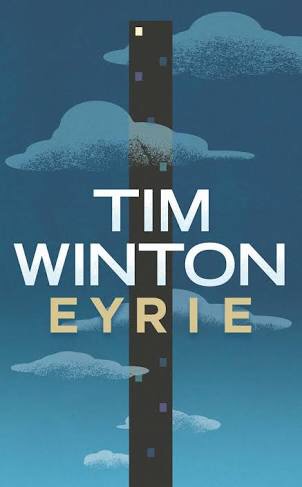
New Zealand is definitely making her mark upon the world with funny, whimsical, tongue-in-cheek film. Hunt for the Wilderpeople is no exception.
I saw this a few months ago at Palace Cinemas with my brother who loves this exact type of film. You can still find it playing across Australia.
Ricky, characterised wonderfully by Julian Dennison, is an at-risk foster kid with a penchant for trouble. He is relocated to the bush to live with motherly Bella (Rima Te Wiata) and reticent Hec (Sam Neill).
Several times Ricky runs away until he comes to accept his new situation. But Bella dies and Ricky is going to be taken from his new home, so he takes up his old ways and runs. Into the bush.
Queue a romp of ridiculousness as Hec follows Ricky, and the police and social services get involved in a nationwide man-hunt.
Scripted wonderfully and run with, Julian is hilarious as ne’er-do-well Ricky, and is ably supported by Sam Neill.
However standout performances came from Rima Te Wiata as the quirky and practical Bella in her cat jumper. My major disappointment was that Bella ended up as the woman in the fridge trope, as her performance was so delightful it was a travesty for her to disappear so early from the film.
Rachel House cracked the whole audience up as dogged social services officer; consistently funny, finding the mark in every scene as the government officer who goes way over the top. Also, great banter with Andy, played ably by Oscar Kightley.
Special mention for movie daughter-father duo, Tioreore Ngati-Melbourne and Troy Kingi, who did much to elevate the comedic value at the end of the movie.
Only, be warned animal lovers: these characters are hunters, so there’s several (largely not gory) animal deaths.
If you like to laugh though, Hunt for the Wilderpeople will leave you with a smile on your face and the pleasant after-effects of a good time.
Edit: I originally incorrectly identified Kahu’s father as Stan Walker. Thanks to Jacqui Brookes for pointing it out to me.


